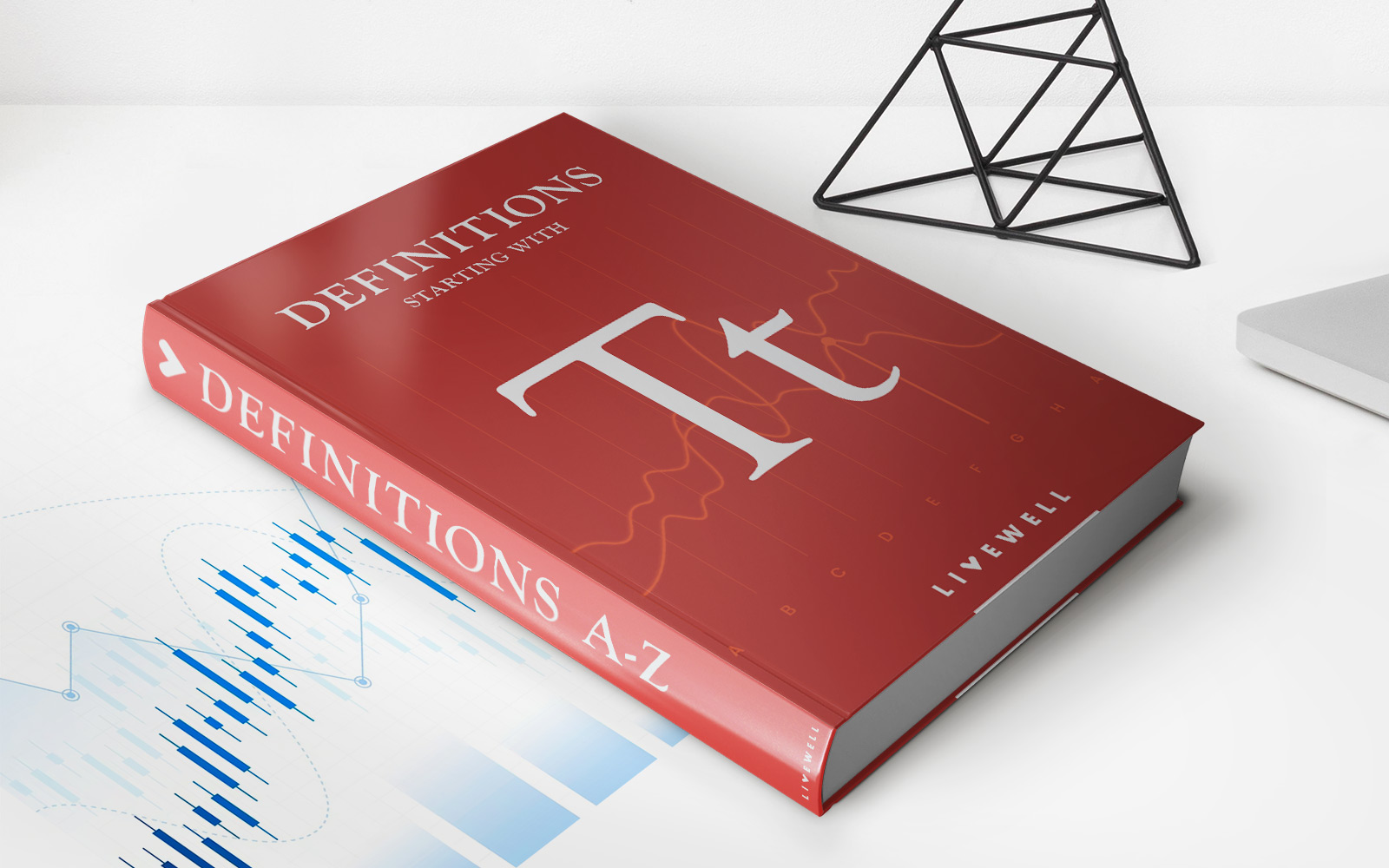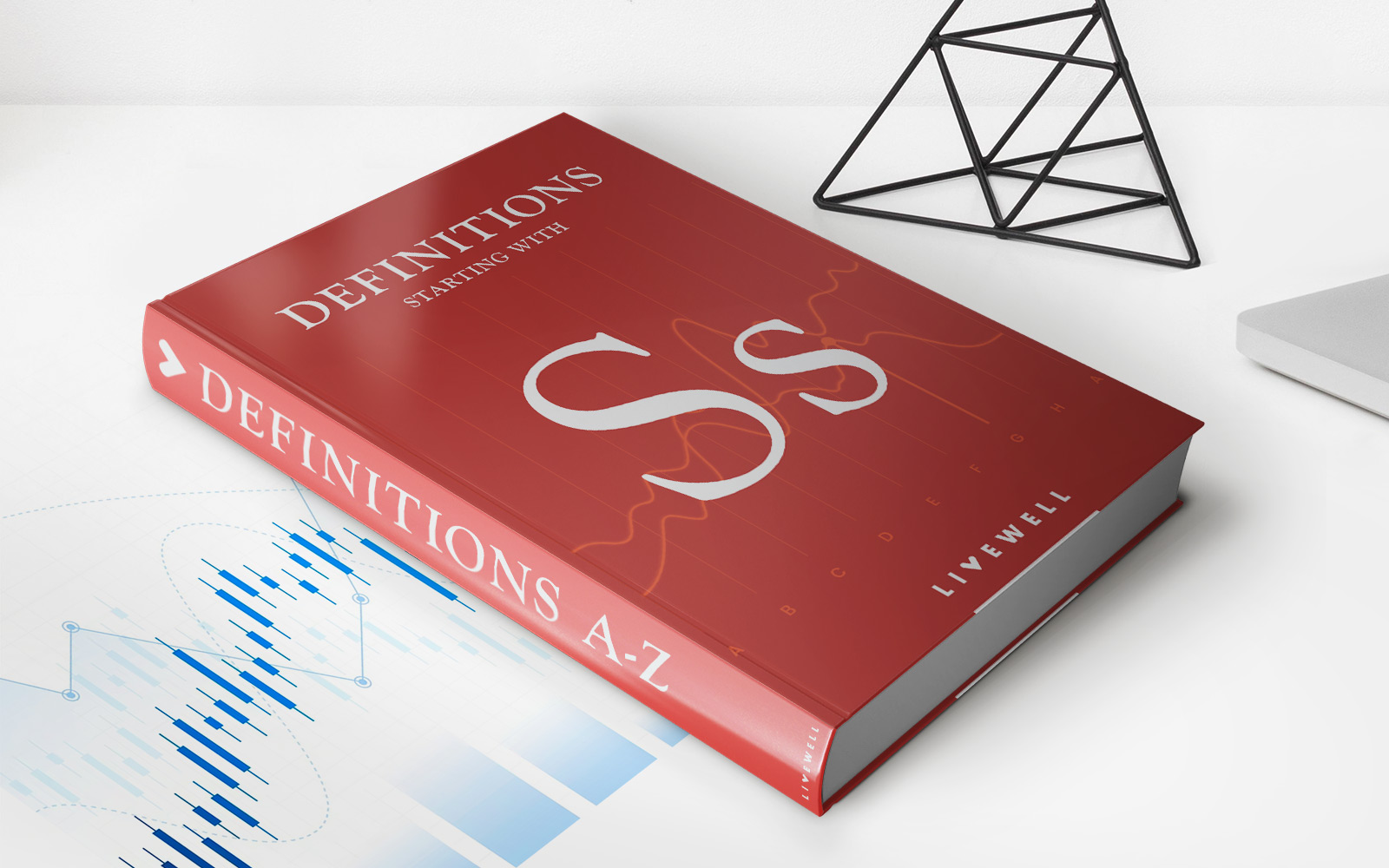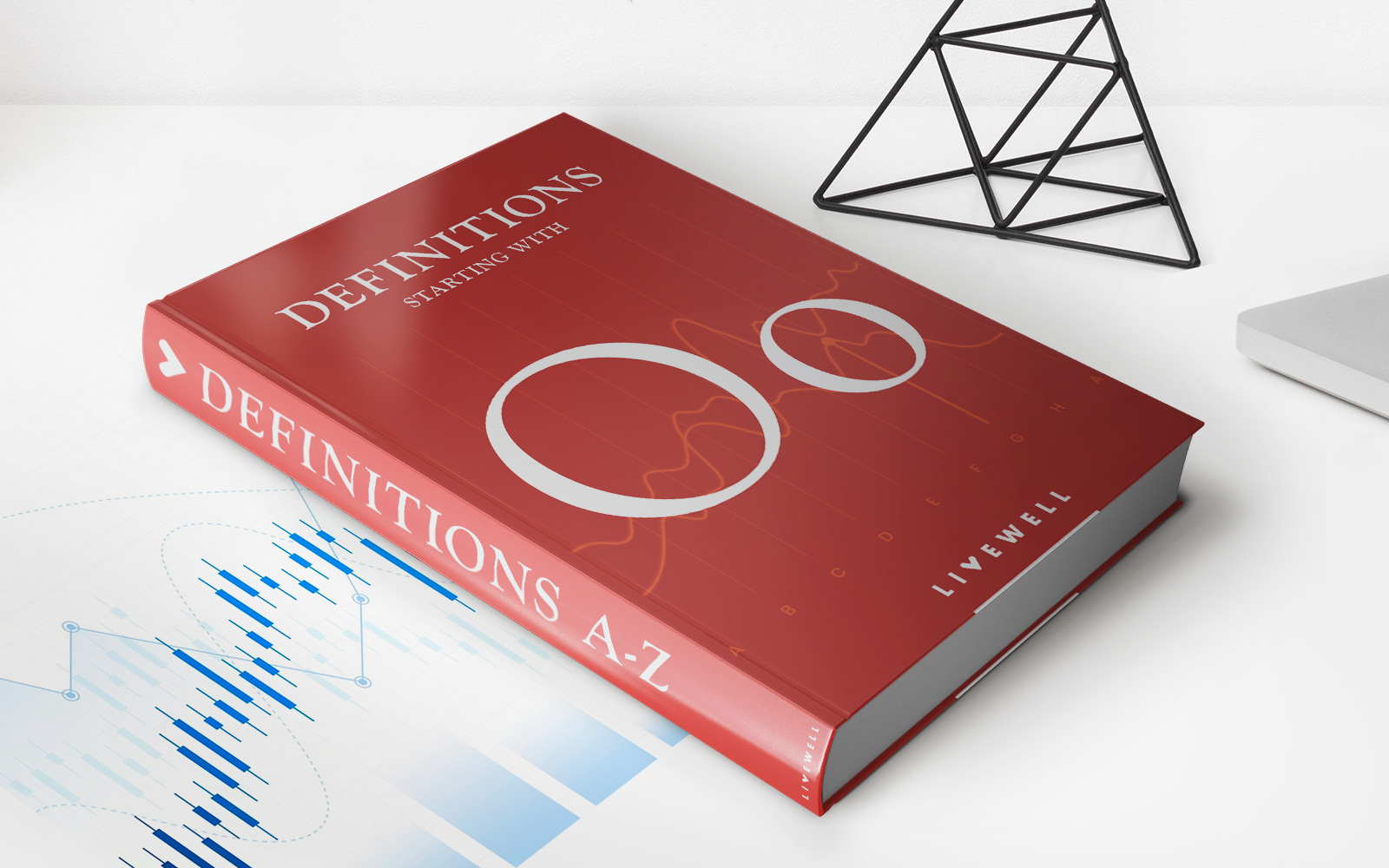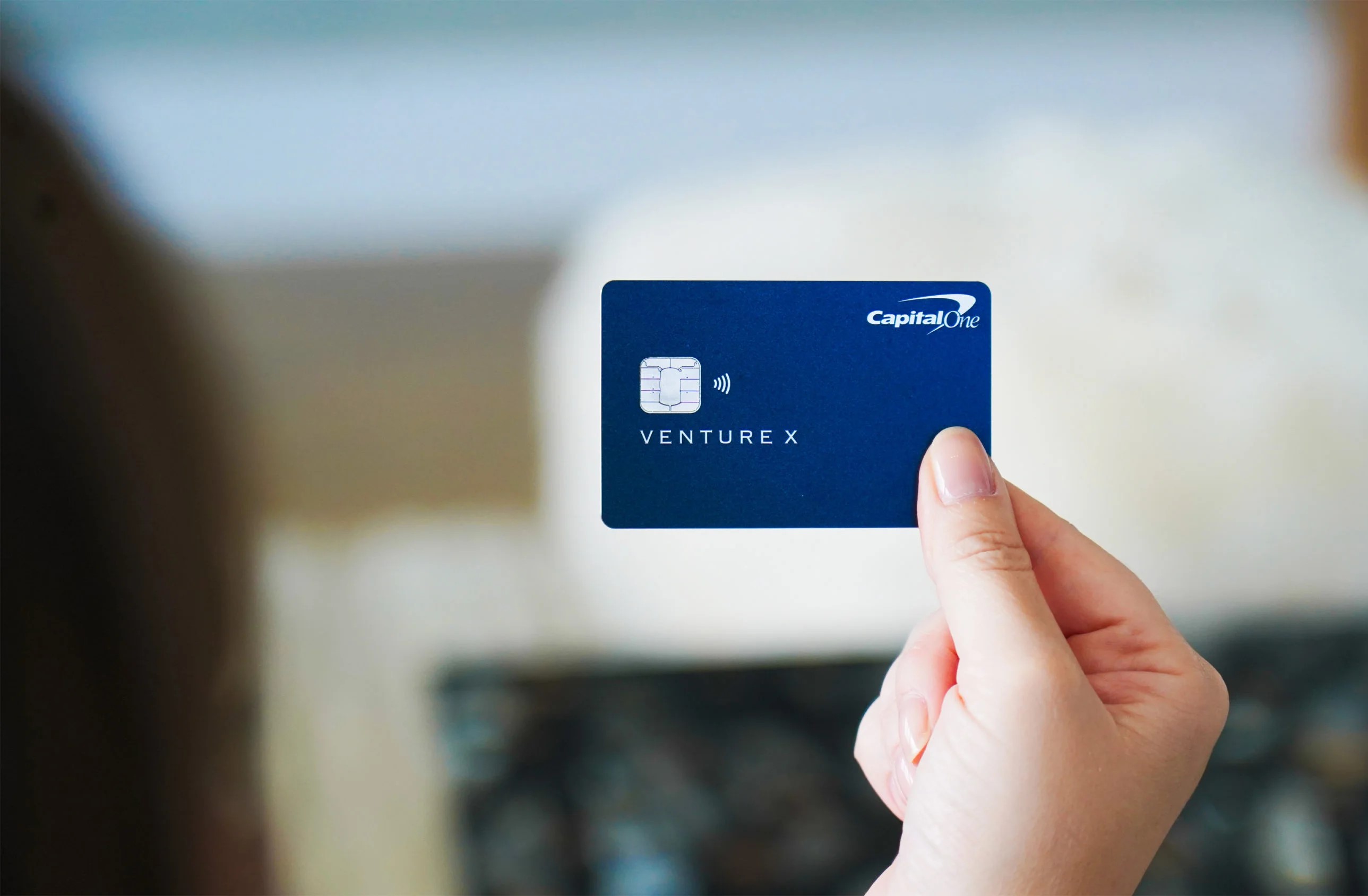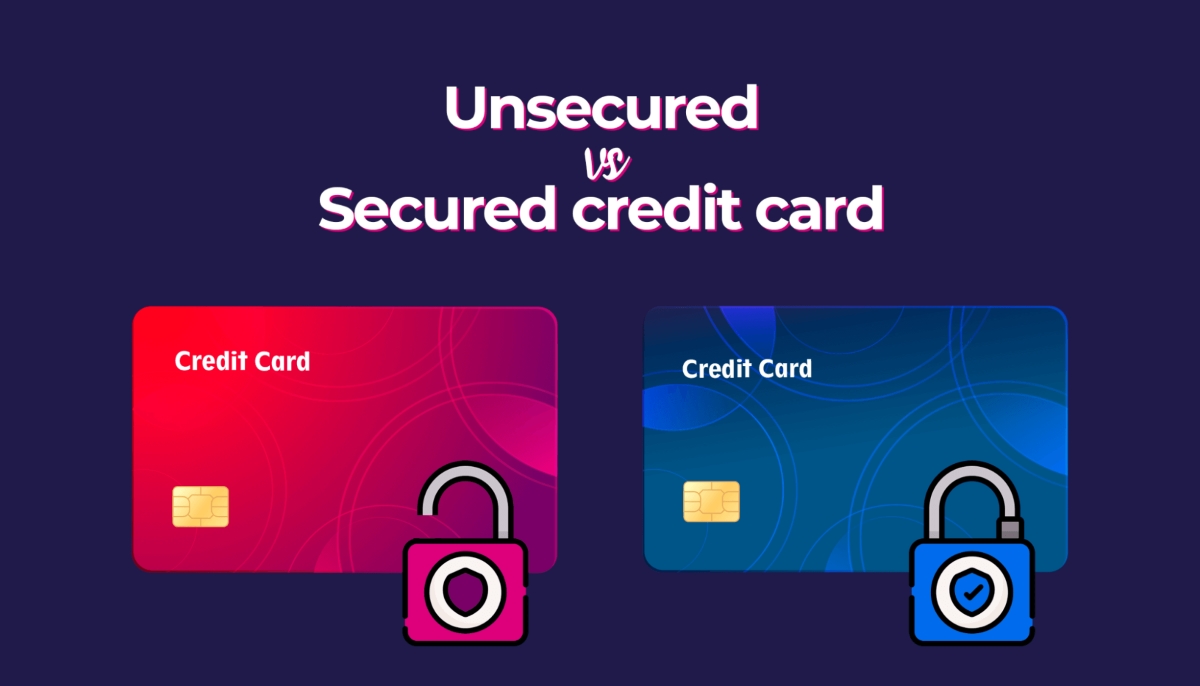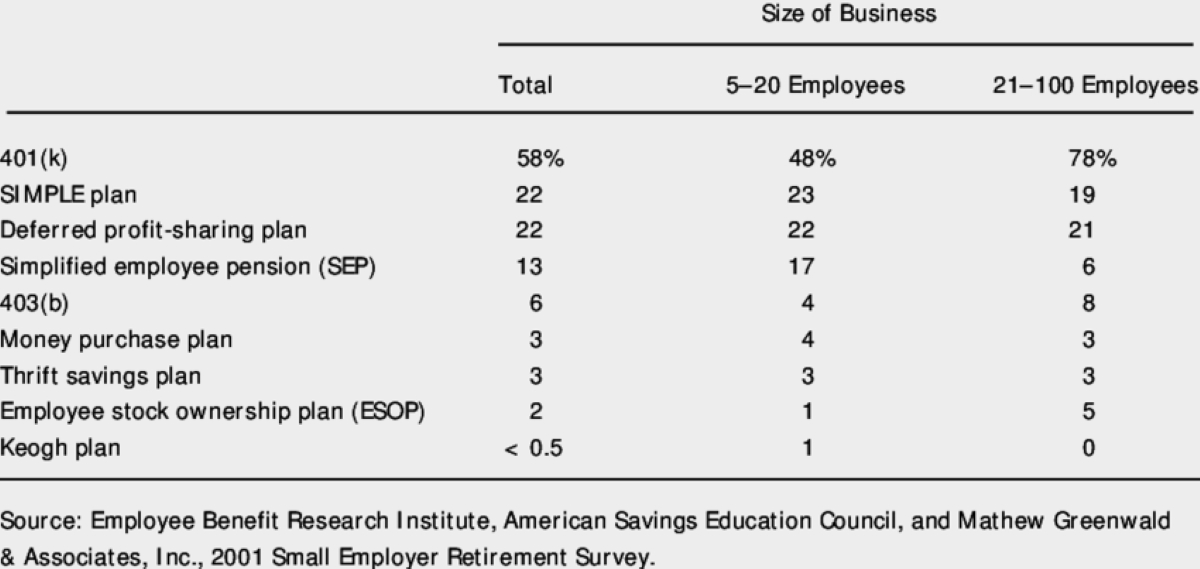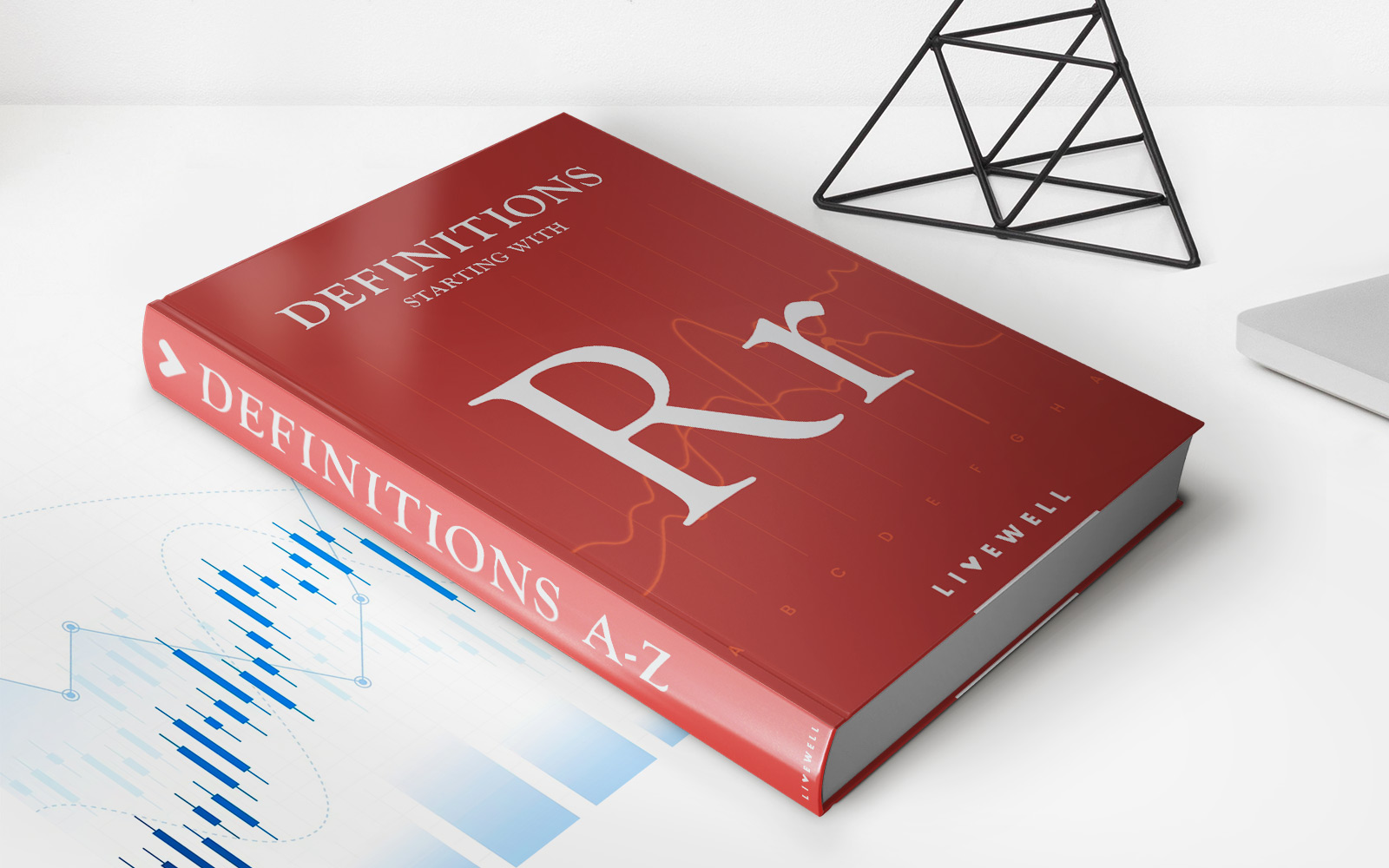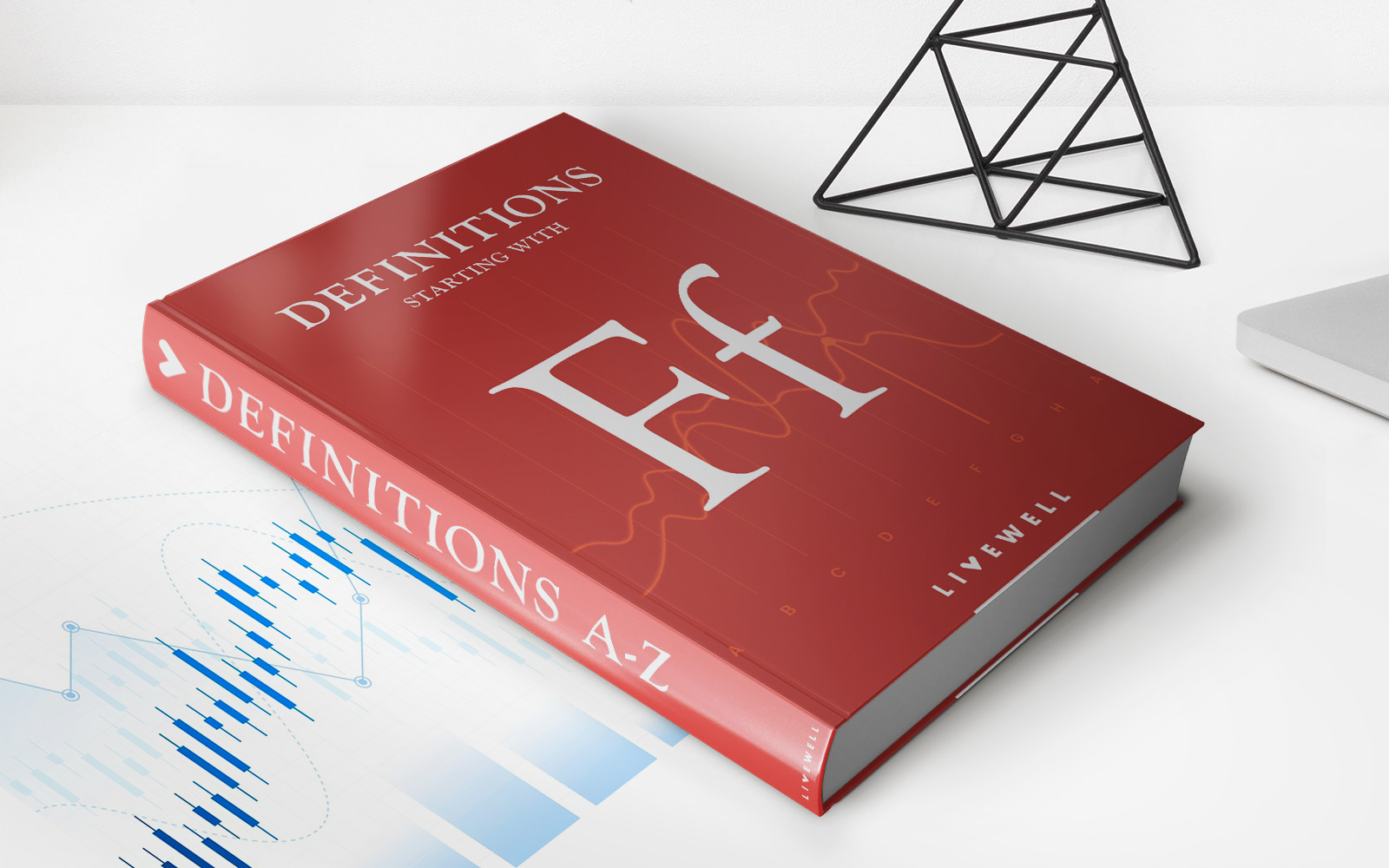Home>Finance>Unsecured Creditor Defined, Types, Vs. Secured Creditor
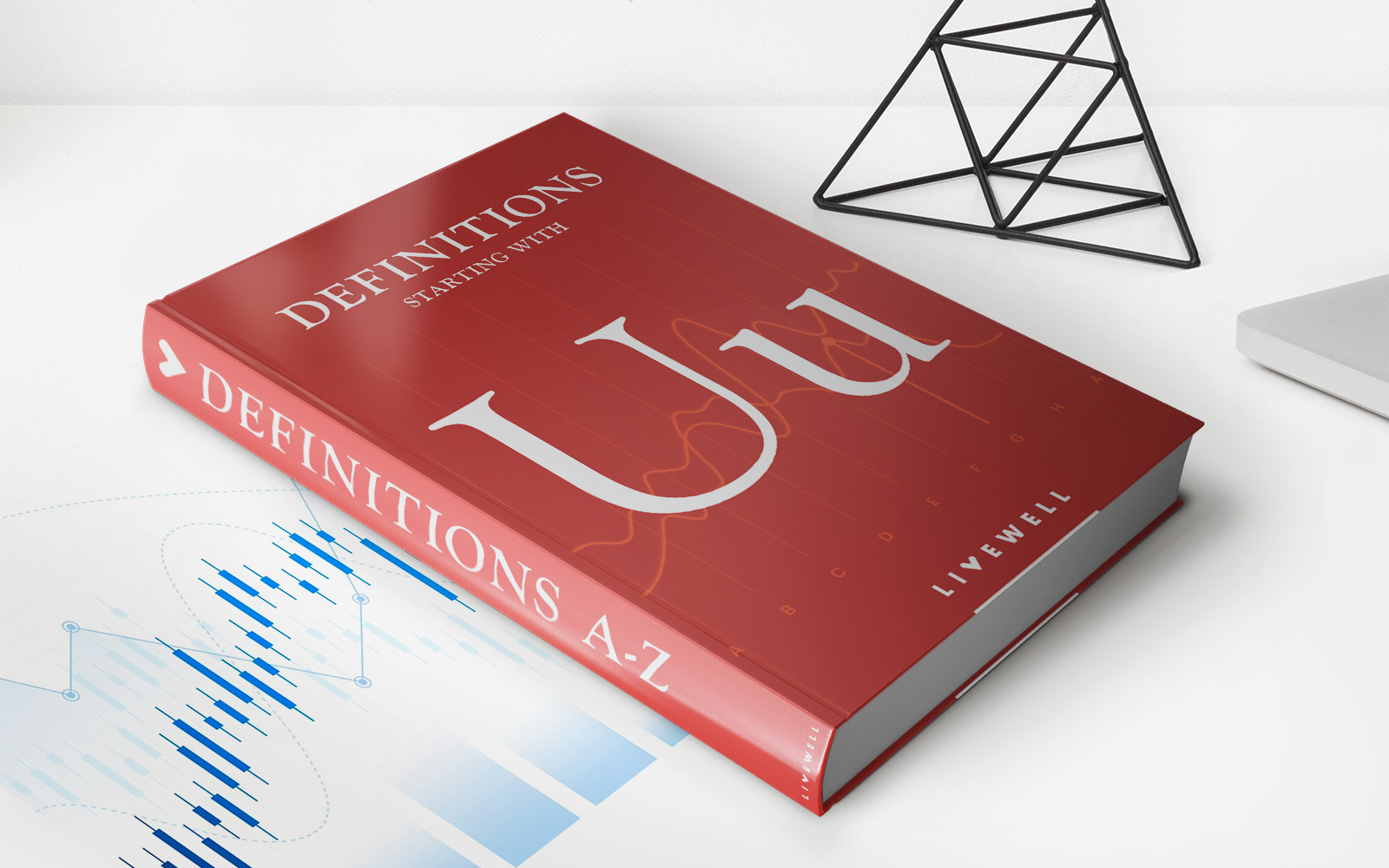

Finance
Unsecured Creditor Defined, Types, Vs. Secured Creditor
Published: February 14, 2024
Learn about unsecured creditors and secured creditors in finance. Understand their definitions, types, and differences.
(Many of the links in this article redirect to a specific reviewed product. Your purchase of these products through affiliate links helps to generate commission for LiveWell, at no extra cost. Learn more)
Understanding Unsecured Creditor: Defined, Types, vs. Secured Creditor
Welcome to our Finance category, where we dive deep into various aspects of financial matters. In this blog post, we’ll discuss the concept of unsecured creditors, their types, and how they differ from secured creditors. If you’ve ever wondered about the difference between the two or wanted to better understand how they affect your financial situation, you’ve come to the right place!
Key Takeaways:
- Unsecured creditors do not have a specific asset as collateral, while secured creditors hold collateral as security.
- Types of unsecured creditors include credit card companies, utility providers, and medical service providers.
What is an Unsecured Creditor?
An unsecured creditor is an individual, business, or organization that is owed money, typically through a credit arrangement, without holding any collateral. Unlike secured creditors, who have a specific asset that can be used as security in case of non-payment, unsecured creditors rely solely on the borrower’s creditworthiness and promise to repay the debt.
Here’s an example to help illustrate the concept: Let’s say you take out a personal loan from a bank to fund a home renovation project. In this case, the bank would be the unsecured creditor because they are lending you the money without any specific asset (like your house) as collateral.
Types of Unsecured Creditors:
Unsecured creditors come in various forms and can include:
- Credit card companies: When you make purchases using a credit card, the credit card company becomes an unsecured creditor, as they lend you money without holding any collateral.
- Utility providers: If you fail to pay your utility bills, such as electricity or water, the utility provider can become an unsecured creditor.
- Medical service providers: Hospital bills, doctor’s fees, and other medical expenses can all lead to unsecured creditor relationships.
These are just a few examples, but unsecured creditors can be found in various sectors of the economy, each representing different types of loans or credit arrangements.
Unsecured vs. Secured Creditors:
The main difference between unsecured and secured creditors lies in the presence or absence of collateral. Here are a few key points to help you understand each:
- Collateral: Unsecured creditors do not hold any collateral, while secured creditors have a specific asset as collateral to recover their debt if the borrower fails to repay.
- Risk and interest rates: Due to the higher risk associated with unsecured creditors, interest rates on unsecured debt are typically higher than those of secured debt.
- Repayment priority: In case of bankruptcy or insolvency, secured creditors have a higher priority when it comes to repayment, as they can seize and sell the collateral to recover their debts.
Understanding the difference between unsecured and secured creditors can help you make informed financial decisions and be aware of the potential risks involved. Whether you’re borrowing money or extending credit, it’s essential to consider these factors and assess the terms and options available to you.
We hope this blog post has shed some light on the concept of unsecured creditors and their differences from secured creditors. Remember, financial knowledge empowers you to make better decisions and navigate the intricacies of the financial world with confidence.
Thank you for reading and stay tuned for more informative articles on various finance-related topics!
